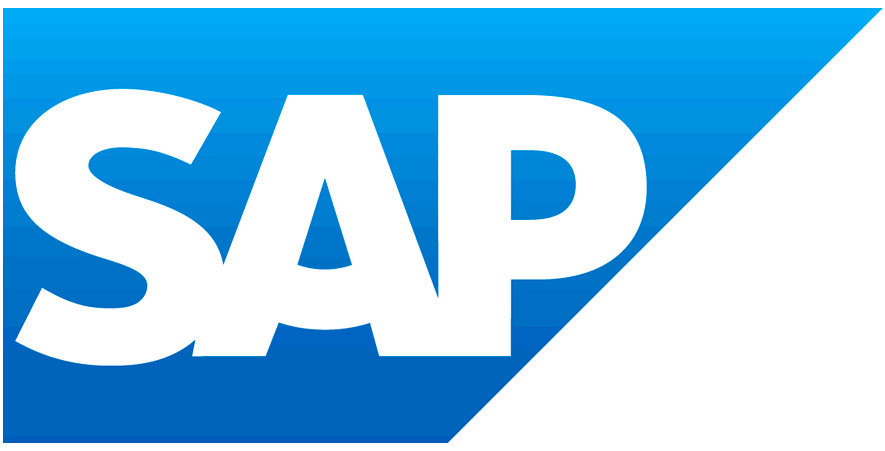14 Hot 'Couples' in Sustainability to Watch this Year
May 14, 2014 1:25 PM ET
Campaign:
SAP's Sustainable Corporate Strategy
Original article on Sustainable Brands
It’s become nearly impossible to keep up with the multitude of promising partnerships being launched daily around sustainability — and that is great news, of course. This list presents an overview of 14 hot relationships that we believe represent crucial developments in this space. As we continue to watch them, along with many other movers and shakers, here is to the power of multiplying one another’s efforts in our shared pursuit of a sustainable economy.
Without further ado, here is the list, in no particular order:
- HP and Kiva. Just last month HP announced that thousands of entrepreneurs around the world have already received microloans from HP employees since the February launch of Matter to a Million, a partnership with Kiva whereby HP has given all of its employees worldwide a $25 credit to lend to borrowers on Kiva. With more than 86,000 employees already lending over $2.5 million, Matter to a Million has clearly struck a chord with HP employees around the world. The HP team page on Kiva has received a deluge of positive comments in the process.
- The Plastic Disclosure Project (PDP) and Trucost. PDP is a recently launched initiative aimed at getting companies around the world to measure, manage and reduce or eliminate plastic waste. To help with that mission and demonstrate the enormity of the problem, PDP is working with Trucost to estimate the natural capital cost of plastic used by 100 global public companies in the consumer goods industry. We can’t wait to hear the results, which will be released in early June at Sustainable Brands ’14 in San Diego.
- The World Economic Forum (WEF) and Effie Worldwide. As the highest echelons of business ‘wake up’ to the importance of marketers’ role in realizing the potential of corporate sustainability programs — something the Sustainable Brands community has been emphasizing for several years now — we are starting to see intriguing developments around incentivizing marketers to sing sustainability notes a little (or a lot) louder. With that idea in mind, WEF have come up with The Positive Change Effie Award, aiming to recognize and celebrate the most effective marketing programs that have measurably shifted consumer behavior toward more sustainable choices, and/or grown demand for more sustainable products and services by incorporating sustainability as a part of their marketing communications.
- Arizona State University (ASU) and the City of Phoenix. As part of its multi-pronged citywide strategy for turning trash into resources, earlier this spring the City of Phoenix entered into a four-year agreement with ASU, establishing a groundbreaking public-private partnership focused on converting waste and other resources into economic value. The key resulting venture is called the Resource Innovation and Solutions Network (RISN — formerly the Center for Resource Intelligence) and, in addition to serving as an R&D facility, it is looking to become a hotbed for innovation and entrepreneurship around efficient and restorative use of natural resources. RISN is being managed by Sustainability Solutions Services (S3), a program within the Rob and Melani Walton Sustainability Solutions Initiatives at ASU’s Global Institute of Sustainability. So far, so good — the project is seeing a lot of forward momentum and thriving on its communication platform, “Reimagine Phoenix.”
- Novozymes and Marks & Spencer (M&S). Novozymes’ Stay NewTM technology allows clothes to look new and smooth for longer than usual by adding certain enzymes in a process known as biopolishing. It turns out adding said enzymes saves significant amounts of both water and energy over the life cycle of clothes, thus becoming a logical target for M&S's ambitions to be the most sustainable retailer on the planet.
- The Sustainability Consortium (TSC) and SAP.Collecting data on sustainability impacts from suppliers is critical to most industries and allows more responsible sourcing, better product design decisions, more sustainable production, transportation and logistics … all the way to point-of-sales and end-of-life scenarios. With that in mind, SAP has been hitting big milestones lately in its efforts to integrate key environmental and social impacts into mainstream supply chain management. As part of that evolution, SAP is pairing up with The Sustainability Consortium (TSC) and leveraging its data to identify hotspots and improvements opportunities across more than 100 different product categories. And this is just the beginning.
Continue reading the original article on Sustainable Brands about sustainability partnerships >>
Original source: Sustainable Brands

